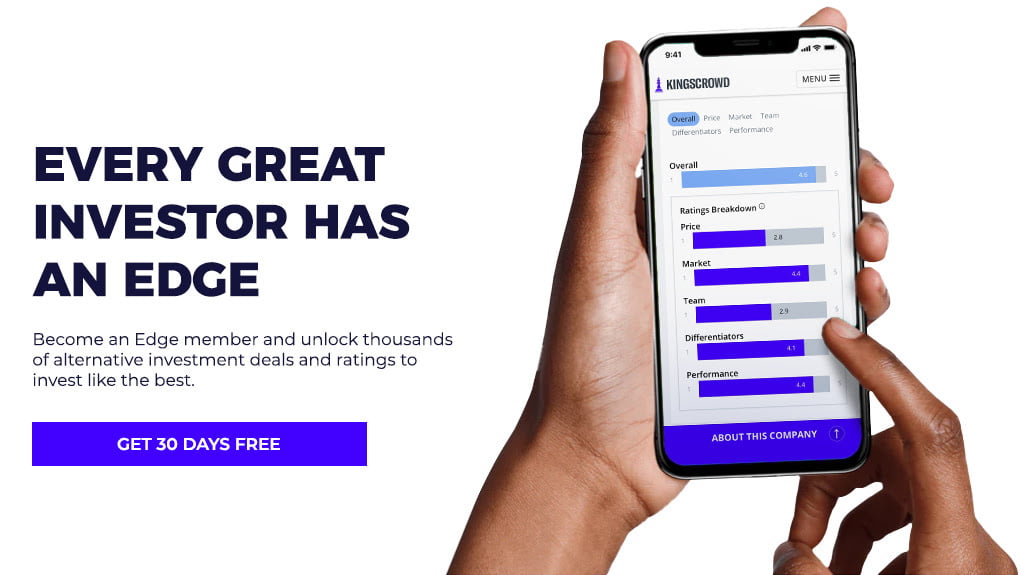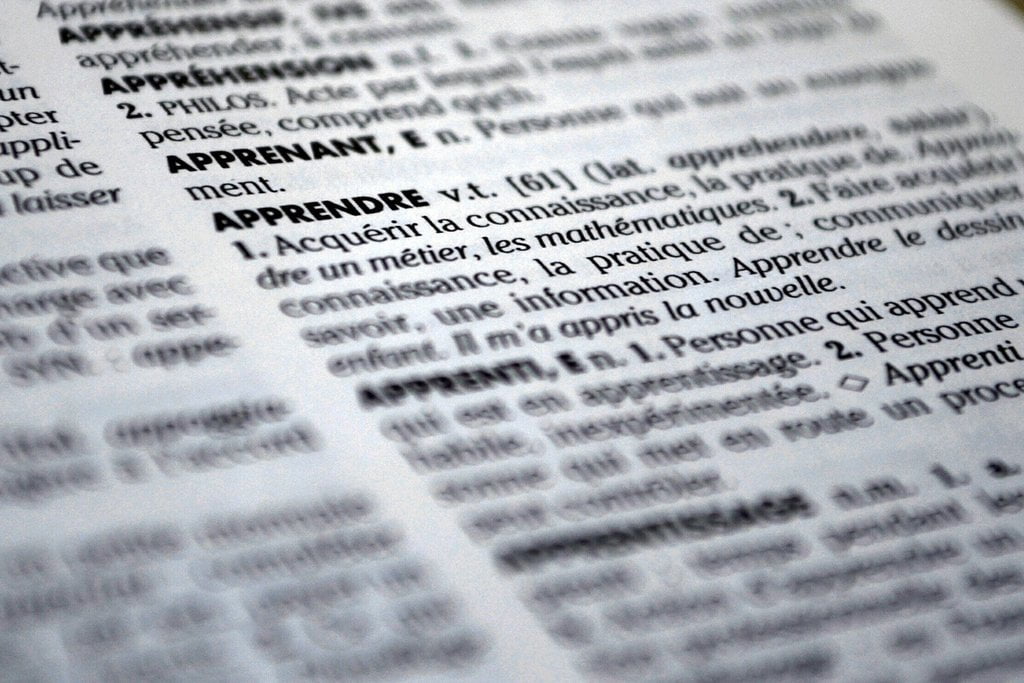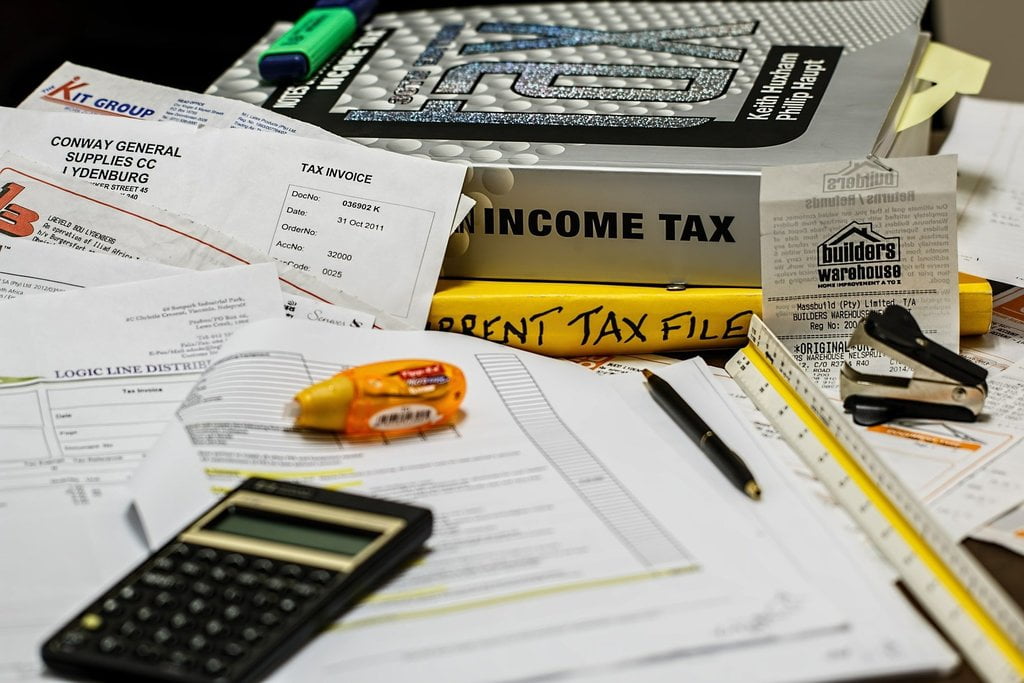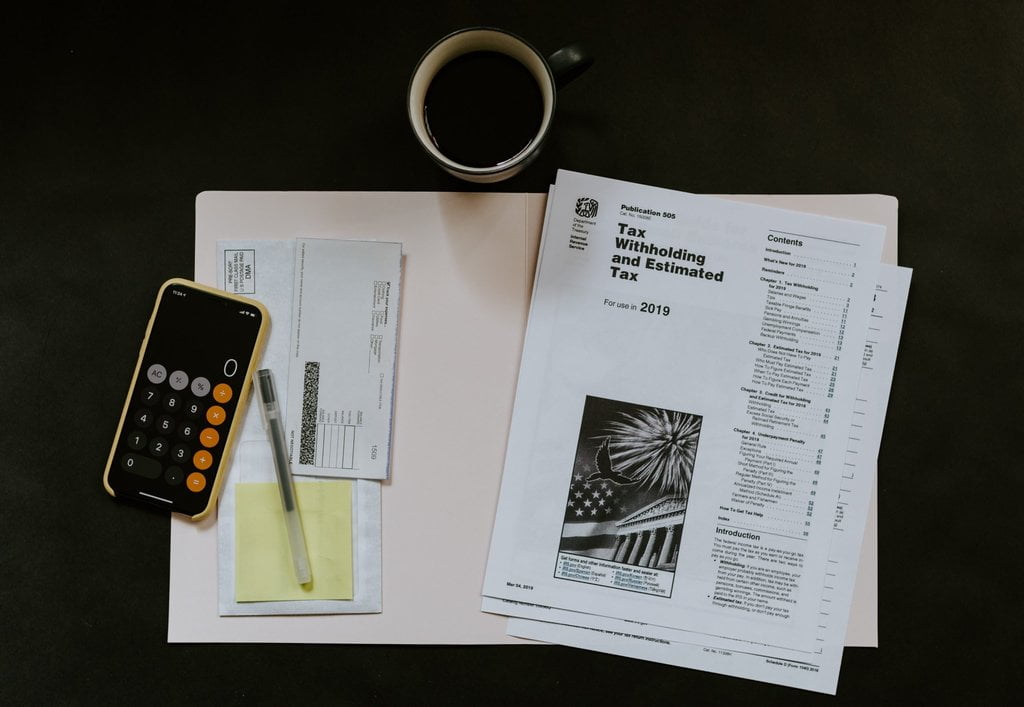Three Ways the U.S. Gives Tax Relief for Investing in Startups

With more than 90% of Seed and Series A startups failing to provide an exit for investors, investing money in an early-stage business is not for the faint of heart. To help entice more investors to risk their capital in early-stage ventures, the U.S. provides special tax relief for startup investors.
While startup investments can qualify for long-term capital gains, certain investments can qualify for even more preferential U.S. tax treatment – sometimes up to 100% tax-free gains.
The three tax sections of the Internal Revenue Code (IRC) that every startup investor should be aware of are:
- Section 1202 (gains)
- Section 1045 (rollovers)
- Section 1244 (losses)
In our last post, we covered the five key tax questions every startup investor must answer. Let’s now explore the potential federal tax write-offs from one of those questions in more detail.
Also, if you’re looking for more tax information than just Section 1202, 1045, and 1244 in startup investing, check out our comprehensive guide to taxes in startup investing.
Section 1202 – up to 100% exemption on QSBS gains (up to $10M or 10X cost basis)
The first startup investment tax benefit is under Section 1202 of the Internal Revenue Code (IRC). This exemption provides up to 100% tax-free gains on up to $10 million in gains (or 10X the cost basis, whichever is greater) for qualified stock held longer than five years.
To qualify, the investment must meet the requirements of Qualified Small Business Stock (QSBS), which says that:
- The business is a domestic C Corporation (not an LLC) and is not a hotel, farm, mining company, restaurant, financial institution, or business relating to architecture, law, or engineering
- The investment is in Common or Preferred Shares (not Convertible Note or SAFE)
- You are the original purchaser and acquired the shares directly from the issuing company (i.e. not acquired on a secondary market)
- The business never had gross assets in excess of $50 million and does not have assets in excess of $50 million immediately after issuance
- The company meets certain active business requirements, with at least 80% of its assets for the active conduct of one or more qualified businesses
- The QSBS was acquired after September 27, 2010 (less than 100% tax exemptions may still be applicable to QSBS acquired prior to this date)
There are many other nuances to QSBS and Section 1202, including whether or not taxes may still be owed at the state level and whether the issuer purchased any stock from the taxpayer, so be sure to ask your accountant and refer directly to Section 1202.
Section 1202 could result in massive benefits for investors who take advantage of it, even compared to long-term capital gains. Assume your $500 crowdfunding investment returns 10X after six years for an exit of $5,000. Instead of paying 15% long-term capital gains on $4,500 for a tax bill of $675, you pay absolutely nothing!
So what if you sell a QSBS investment that you’ve held for less than five years?
Section 1045 – QSBS Tax-Deferred Rollover
If you held a QSBS investment for more than six months but less than five years, you may be able to roll over your gains into another QSBS investment and defer paying taxes on those gains, if invested within 60 days.
If the new QSBS investment is then held for a total of five years (after adding the original QSBS’ holding period to the new holding period), you may be able to use the Section 1202 tax-free exemption when selling the new QSBS.
For example, if you did a 1045 rollover after holding Startup A’s QSBS for 2 years, and then invested in Startup B’s QSBS, you only need to wait for 3 years before selling Startup B’s stock to qualify for the 5-year holding period under Section 1202.
The taxpayer must make a special election to claim 1045 treatment on their federal tax return on the year of the sale.
Also, the tax deferral of gains under 1045 at the time of the conversion is still applicable regardless of whether the new QSBS ends up meeting the 5-year holding period or not.
And since both the original investment and the rollover must be in QSBS, this means that both businesses must be C Corporations and not LLCs.
This covers gains and rollovers, but what about tax considerations for startup investment losses?
Section 1244 – Small Business Corporation (SBC) Losses
The third tax exemption available to startup investors is if you have a loss on one of your investments. Under Section 1244, you may be able to write off qualifying losses as ordinary income, up to $50,000 individual or $100,000 joint.
Since these losses are being written off as ordinary losses instead of capital losses, and since you can write off up to $50,000 a year instead of the $3,000 limit for capital losses, this can result in larger tax savings than you otherwise would get for public market stock losses.
To qualify as an SBC loss, several requirements must be met, such as:
- Stock is in a domestic C- or S-Corporation
- Stock was acquired only in exchange for cash or property (e.g. not in return for services or stock/securities, which is different than Section 1202)
- Stock was acquired directly from the issuer (i.e. not via a secondary sale)
- Stock was part of the first $1 million raised in total by the issuer
- At least 50% of the company’s gross receipts come from an active trade (e.g. not from royalties, rents, dividends, interest, etc.) for the five years preceding the loss
- Stock is not in an investment or a holding company, regardless of whether the gross receipts test is passed
What if a company raises more than $1 million in a single round or a follow-on round brings the total amount raised over the $1 million threshold? Typically, the company would have to earmark the first $1 million as Section 1244 stock. Otherwise, the 1244 deduction would likely be allocated among all the capital raised in that round.
This is where diligent record-keeping can save you (and your CPA) tons of time in the future. Keep records based on fundraising history and the amount of capital raised for each company so that you can more easily determine whether your stock qualifies as 1244 stock in the future.
How are convertible securities, such as Convertible Notes and SAFEs, taxed?
To qualify for any of the tax write-offs under Section 1202, 1045, or 1244, you must hold actual equity investments – i.e. Common or Preferred Shares.
Convertible securities, such as Convertible Notes or Simple Agreement for Future Equity (SAFEs), are not equity ownership in a company and thus will not qualify for these tax write-offs until they have converted to equity. They will still qualify for long-term capital gains in most instances if sold prior to conversion.
If the convertible security converts to shares of Common or Preferred Stock that meets the requirements of QSBS, the five-year holding period begins on the date of conversion.
There are many other tax considerations for convertible securities, so always consult with your tax advisor or accountant. In addition to the potential for long-term capital gains and conversions, here are some other tax considerations for startup investors holding convertible securities.
Convertible Note terms can vary widely and may result in taxable income, even if you don’t receive any cash. If the terms of your note require semi-annual or annual payments of interest, you may receive a 1099 tax form and be required to pay taxes on this interest. Typically, early-stage companies will not disburse this interest directly to investors; instead, the interest accumulates as additional value that will be converted to stock if and when a conversion occurs. However, you may have tax liabilities when the note is converted to equity based upon the amount of interest that accumulated.
SAFEs are much more of a gray area in terms of taxes and vary even more than convertible notes in their terms. Traditionally, SAFEs were pre-money and were not treated as equity ownership under Section 1202. In 2018, Y-Combinator updated their SAFE template to be a post-money SAFE and included section 5(g), which states that SAFEs should be treated as Common Stock under IRC Section 1202.
These new YC terms (including the post-money determination) have not yet made it into any crowdfunding SAFEs we have looked at as of early 2020.
State Tax Credits for Angel Investors
Investors should also be aware that some states have angel investment tax credits available for qualifying investments. While the minimum thresholds may be higher (e.g. $25,000 in some states) and there may be other restrictions regarding the business location and your state of residency, it is always worth checking.
Search online or contact a local angel network to find out more about potential tax credits in your area.
What if I’m a foreign investor from outside the US?
Lastly, non-US citizens who invest in US startups will potentially still have to file a US federal and/or state tax return (if investing in an LLC), in addition to complying with all laws from their local jurisdiction.
Not all Reg CF crowdfunding deals are available to international investors, so ensure you look at the requirements of each deal before investing and understand any tax implications.
Disclaimer: This article is for informational purposes only. Nothing should be construed as legal, tax, or investment advice. Always consult with your professional tax, legal, or investment advisor.







[…] Federal tax write-offs – if investing in a C Corporation, does my investment qualify as Qualified Small Business Stock (QSBS) under Section 1202 and 1045, or a Small Business Corporation (SBC) under Section 1244? See our separate article that dives into more detail on these three US tax write-offs. […]
[…] Breaks if you invest in startups like the Section 1202. […]
[…] even conscious of at present, is that investing not directly by way of an SPV would disqualify any investments which will have certified for preferential tax therapy below Inside Income Code Sections 1202 (100% tax-free positive factors on Certified Small […]
[…] In 2018, YC updated their boilerplate SAFE to be a “post-money” SAFE, which means that it now converts based on post-money valuation instead of pre-money valuation. Another notable update included adding in provisions that explicitly treat the SAFE as equity for purposes of taxes under IRC Section 1202. […]
[…] In 2018, YC updated their boilerplate SAFE to be a “post-money” SAFE, which means that it now converts based on post-money valuation instead of pre-money valuation. Another notable update included adding in provisions that explicitly treat the SAFE as equity for purposes of taxes under IRC Section 1202. […]
Great article. Can we still take advantage of these laws under the crowdfunding SPVs like Wefunder’s? Or do these only apply to direct regulation D investments? I can’t seem to find that answer.
Great question! I’ve found other sources that do indicate that you can still get QSBS treatment even if investing as an LP or through an SPV.
[…] For an in-depth dialogue of Part 1202, 1045, and 1244, take a look at our article right here. […]
[…] Breaks if you invest in startups like the Section 1202. […]
[…] For an in-depth discussion of Section 1202, 1045, and 1244, check out our article here. […]